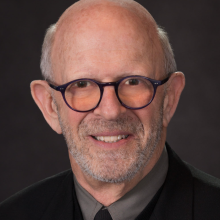
Older Persons Roundtable
Local action for inclusive cities for older persons
Summary
Urban spaces can act as both enablers and barriers for the realization and enjoyment of the rights of older persons. Exclusion and structural challenges often emerge for older persons in the context of work, public spaces, transportation, and access to services and resources, including social support, housing and health. These challenges are shaped by city-level planning, policy design, and legislative processes. The exclusion and discrimination faced by older persons are also intersectional, compounded by disproportionate poverty and disability rates among older populations.[1] Older women experience distinct forms of exclusion, while ageing increases the risk of temporary or long-term disabilities, impacting more than 46 per cent of older persons.[2]
Adapting urban spaces to respond to the needs of ageing societies presents a key opportunity for inclusive cities now and in the future. Local governments and city-level action, therefore, have a crucial role to play in the protection and promotion of human rights for older persons. This roundtable addresses this role, focusing on local actions to respect, protect, and fulfil the rights of older persons in urban settings. These include actions by mayors and local authorities, as well as actions driven by older persons, civil society, academia, and urban professionals such as architects and human rights practitioners to ensure age-friendly cities.
This two-hour session will discuss the various initiatives, policies, and best practices employed at the local level to ensure inclusive cities for older persons. Speakers include internationally renowned experts from diverse backgrounds, including local and national authorities, civil society, and urban specialists, and those engaged in supporting and protecting the rights of older persons. The focus will be on practical steps at the local level that can be adapted in different contexts. What has proven successful? What innovative solutions have been applied to overcome common challenges? The discussion, therefore, aims to provide the audience with practical approaches, methods, and initiatives for local action to achieve more inclusive and accessible cities for everyone, with a focus on older persons.
Linkage with WUF12 theme
This session links specifically with several dialogues. It aligns with Dialogue 1, “Housing our future,” focusing on creating housing that works for all, especially older persons. It also connects to Dialogue 2, “Cities and the climate crisis,” as older persons in cities are often among those most affected by climate-related stressors such as pollution, vector-borne diseases, higher temperatures, and an increasing frequency and intensity of disasters. Additionally, the emphasis of Dialogue 5 on “Putting people first in the digital era” is also key to the rights of older persons at the local level, as the age-based digital divide means that older persons are at high risk of digital exclusion. As such, guaranteeing the effective, meaningful participation of older persons in local decision-making on these critical issues must be a priority for all cities and local authorities.
Objectives
- Explore and analyse effective local-level initiatives that promote the rights and inclusion of older persons in urban settings.
- Facilitate knowledge exchange among local authorities, civil society and urban specialists to identify practical and adaptable solutions for creating age-friendly cities across different contexts.
- Develop actionable recommendations for urban policymakers and professionals to enhance the meaningful participation of older persons in local decision-making processes, particularly in addressing climate-related challenges and digital inclusion.
Expected outcomes and impact
- Practical impact solutions: The discussion will focus on practical solutions from lessons learned, providing clear methodologies and tools that can be adapted to the local, regional, and national levels.
- Recommendations and best practices: The session will generate recommendations for urban policymakers, professionals, and advocates to create more inclusive cities for older persons. Resources for follow-up action will be identified.
- Shape the WUF12 outcome declaration: Key points from the discussion will inform the WUF outcome document, ensuring it adequately addresses the rights of older persons in urban settings.
- Networking: The session will enable both speakers and participants to connect with leading experts on the rights of older persons.
- Community of practice: The roundtable will build a community focused on the rights of older persons in cities, fostering ongoing discussions and exchange beyond WUF12.
Guiding questions
- What are the key barriers and obstacles preventing older persons from fully participating in urban life, accessing opportunities, and participating in local-level decision-making in cities?
- Please identify three effective practices/initiatives at the local level that can support older persons in overcoming these barriers. For each practice/initiative, why did it work, what challenges did it overcome, how can it be adjusted to different local contexts?
- Please identify your top three recommendations for addressing the obstacles identified in Question 1 and explain your rationale for each recommendation.
[1] UNDESA, Population ageing and development (2012).
[2] UNDESA, Ageing and disability (no date).

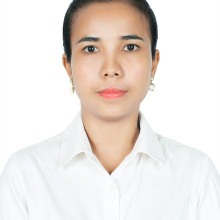
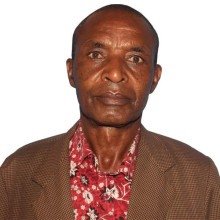
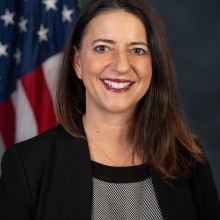

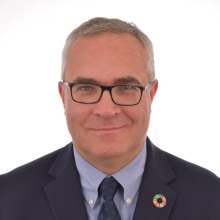



 Streaming on UN WEB TV
Streaming on UN WEB TV